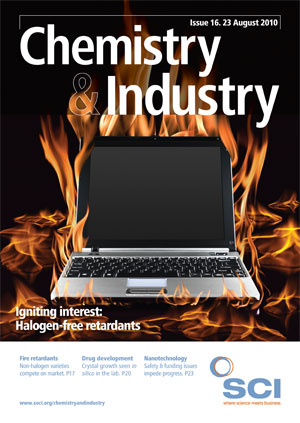A new antibiotic resistant ‘superbug’ from India and Pakistan has made its way into UK hospitals. The Indian health ministry has rubbished the health alert surrounding the bacterium New Delhi Metallo-1 (NDM-1), but it has triggered a national debate revolving around the need for an antibiotic policy.
Soon after the UK Department of Health issued an alert, warning its citizens against opting for surgeries in India, the Indian health ministry’s top officials appeared before the media, insisting that the alert was intended to harm the flourishing medical tourism industry in the country. ‘It is totally irrational to make an India specific comment, link the infection to the country’s antibiotic policy and issue a global warning against choosing India as a medical destination,’ said Vishwa Mohan Katoch, director general, Indian Council of Medical Research (ICMR).
NDM-1 is resistant to the carbapenam class of antibiotics – drugs that are usually held back to treat antibiotic resistant infections.
Katoch, however, conceded that the issue needed addressing. ‘One cannot deny that there is a need to change the mindset of Indian people. That is a broader issue, which will require debates and awareness campaigns, sustained by legislative pressures. Having said that, resistance to NDM-1 cannot be linked to India’s antibiotic policy,’ he added.
Meanwhile, the list of ailments, such as typhoid, malaria and tuberculosis, which are becoming harder to treat due to drug resistance are constantly growing.
A 2009 study conducted in Delhi government dispensaries highlights the magnitude of the problem. According to the study – funded by World Health Organization (WHO) – the misuse of antibiotics was alarmingly high, largely because of over-the-counter (OTC) availability. Even for diseases, which do not require antibiotics – like diarrhoea or acute respiratory infections – 70% of the patients were prescribed antibiotics in private hospitals. Only 40% were offered antibiotics in government hospitals.
Experts are viewing the ‘superbug’ health alert as an opening to demand greater surveillance of antibiotic usage in the medical community. ‘Of course we mind if a health hazard is named after our city. But we cannot live in denial anymore,’ said Anita Kotwani, associate professor in the department of pharmacology at the VP Chest Institute and one of the doctors who conducted the WHO funded surveillance project on antibiotic use. ‘There is an urgent need to study the antibiotic resistance in the community. There are no records maintained for patients and we do not have guidelines or policies to follow. Considering India’s potential for medical tourism, it is time to start changing these age old methods,’ she said.




